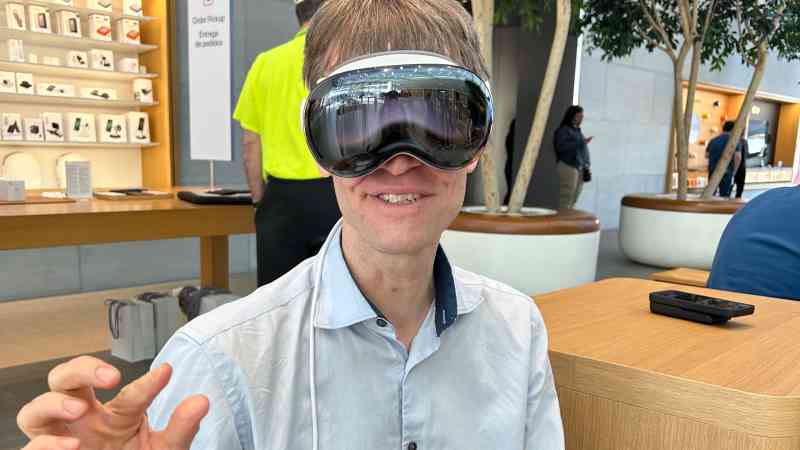Sondrel soars over ‘Neuralink connection’
A British semiconductor business more than doubled in value on Thursday after a report that it was used to make Elon Musk’s Neuralink brain implant.
Shares in Sondrel, a Berkshire-based company that designs and manages the supply of sophisticated microchips for companies such as Apple and Tesla, surged 6¼p, or 105.8 per cent, to close at 12¼p.
The company provided its semiconductor technology for the billionaire’s cutting-edge brain chip, according to MailOnline, which Musk said last week had been successfully implanted into a human being for the first time.
Sondrel is one of the few companies globally that is making increasingly smaller semiconductors, made to customers’ specifications and known as Asic chips.
The company floated on Aim, London’s junior stock market, in October 2022 for 55p a piece, raising £20 million.
In a cryptic statement to the market on Thursday, Sondrel refused to confirm the report, only saying that it noted the “recent press speculation” and that the group’s customer base “continues to include leading global technology brands” but “does not comment on the identity of customers”.
It said: “The company remains encouraged that demand for Sondrel’s Asic services, including in the US, remains strong and that the group continues to trade in line with current market expectations with a number of new Asic business opportunities in advanced states.”
Sondrel has had a turbulent start on the public markets and shares in the company have fallen sharply since they floated. In December the group said it was going to delay paying its workers after a £1.7 million late payment from an unnamed automotive customer.
The announcement wiped more than a third off the value of the shares in one day. It said two thirds of workers agreed to defer being paid their wages over Christmas, while others agreed to a partial wage cut.
The connection to Neuralink, although unsubstantiated, has provided it with a much-needed boost.
The US Food and Drug Administration gave Neuralink permission last year to conduct its first human trials, a critical milestone in the start-up’s ambitions to help patients overcome paralysis and other neurological conditions using their thoughts.
The study used a robot to surgically place a brain-computer interface implant in a region of the brain that controls the intention to move, Neuralink said previously, adding that its initial goal was to enable people to control a computer cursor or keyboard using their mind.
Musk’s company hopes its technology will allow paralysed patients to control external computers using neural signals. Such technology could prove life-changing for sufferers of conditions such as motor neurone disease.






